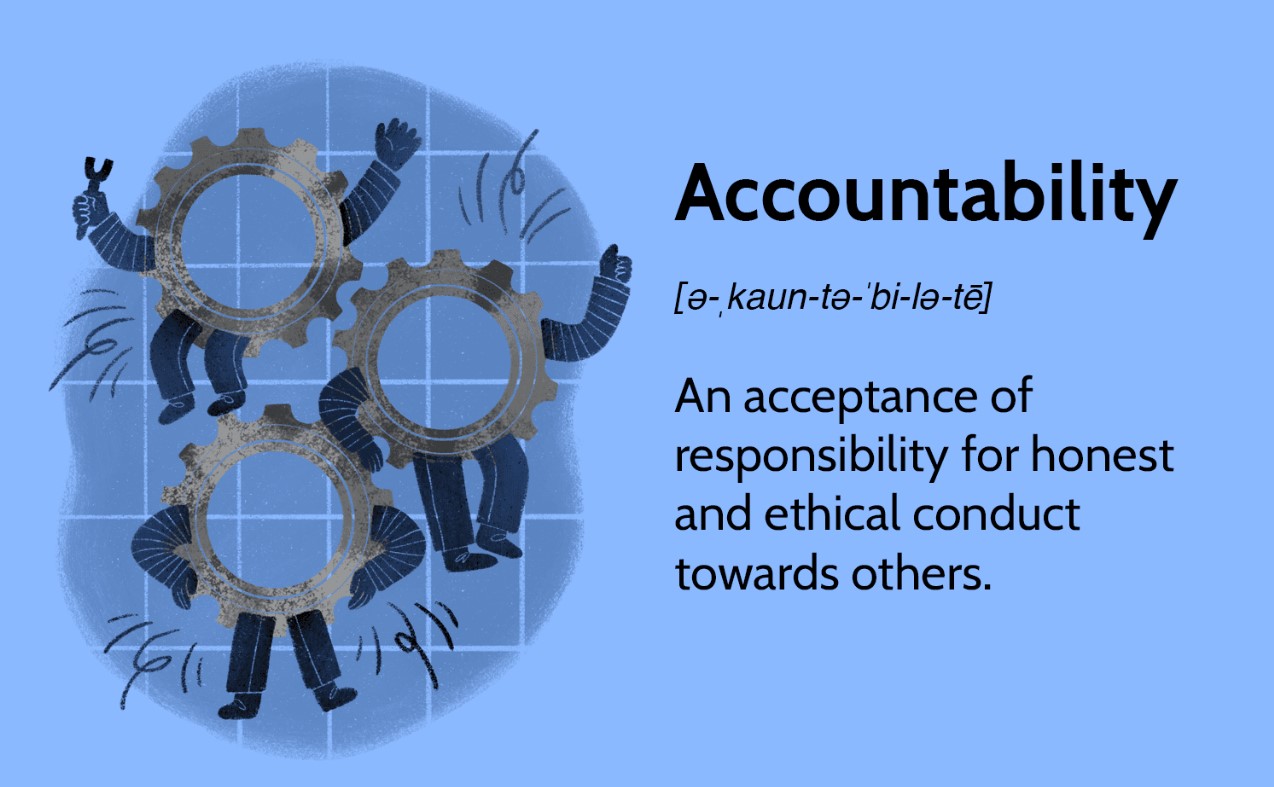In the last decades, political leaders around the world have become more and more entangled in promises to extremist groups. While these promises are based on desires for votes, power, or fear, the question seems to revolve around genuine concern toward accountability against these extremist groups or merely political rhetoric. The threat of extremism continues to rise worldwide, and so does the discourse on accountability.
Emerging Extremist Groups Across numerous countries, extremist groups have surfaced and are popularly on the rise, holding societal vulnerabilities at ransom. Radicalized by extremist ideologies, these groups are a severe threat to national as well as international security. Compromises and concessions toward them by politicians for the sake of politicking to remain in power are widespread. They make concessions through negotiations or promises to different extremist groups to maintain peace, avoid conflicts, or get some political benefits.(More)
The increasing power of such organizations has even led to arguments on the viability of holding politicians accountable for their decisions or decisions made in response to radicalism. Politicians are heavily blamed for not working on the ground-level reasons for radicalization, which are economic inequality, ignorance in terms of education, and social exclusion. However, some choose short-term political gains by seeking favors from such groups to ask for accountability.
Promises vs. Actions
Politicians frequently make grandiose promises to crack down on extremism, but it is another thing when the going gets tough. Take, for example, rhetoric on anti-terrorism politics. The rhetoric sounds so strong, but when they want to pass legislation or meet with their international allies to curtail funding to extremist groups, they are nowhere to be found.
Political cost One reason politicians are impotent is political cost. Some extremist groups have significant influence in some territories. Politicians may fear standing tough against those groups for fear of losing vital support from them. Sometimes, this has culminated in politicians turning a blind eye to the actions of extremist groups or, worse, forming alliances with them for political clout.
The Role of Accountability
Accountability should form the basis of democracy, holding politicians accountable for their words and actions. Things are different in cases of extreme organizations, though. Political alignments, the quest for votes, or simply seeking to gain power make it hard for politicians to follow the moral treatment of extremism.
At times, politicians have faced punishment for their ineptitude in acting against such extremist groups. However, a lack of tangible achievements usually means a short tenure of public outcry and brief respite to the politicians with minimal to no accountability. This is the extent of accountability for extremist groups.
More:Dutch Authorities Investigate Police Violence Against Pro-Palestinian Protesters
Global Examples of Accountability Failures
Political leaders in countries such as Afghanistan, Pakistan, and parts of the Middle East have been accused of being on both sides: directly or indirectly aiding extremist groups for personal or national gain. Such connections are now widely criticized since most of these groups perpetuate violence and terror globally. For instance, politicians might promise specific groups relative or absolute power while vying for an election. However, once elected, they wonder why they do things since moves require a vast chain of political and external interests.
Conclusion
Politicians are always promising to end extremism and control such groups, but the promise happens to be words that need concrete action. The cycle of rhetoric over action will persist until political leaders are held genuinely accountable for their role in either facilitating or failing to act against extremist threats. The pressure to achieve genuine accountability rises with the increased power of extreme groups, and with the political system promoting true responsibility, the fight against extremism is more straightforward to win.















